What are decision support systems? Sifting data for better business decisions
CIO Business Intelligence
NOVEMBER 14, 2022
Decision support systems definition A decision support system (DSS) is an interactive information system that analyzes large volumes of data for informing business decisions. ERP dashboards. These DSS include systems that use accounting and financial models, representational models, and optimization models. Clinical DSS.


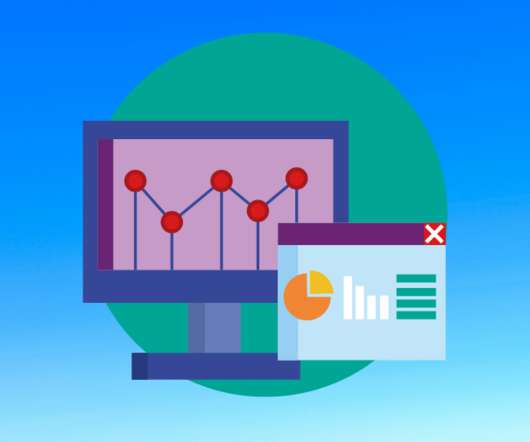




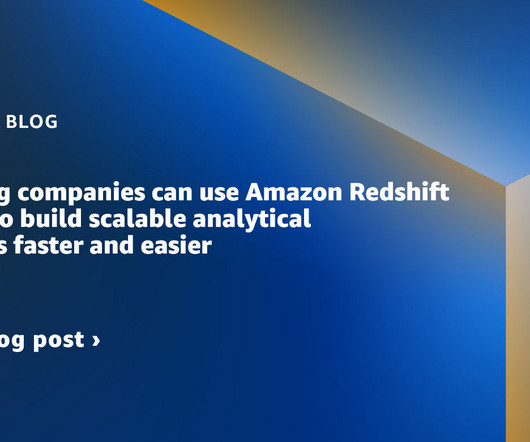
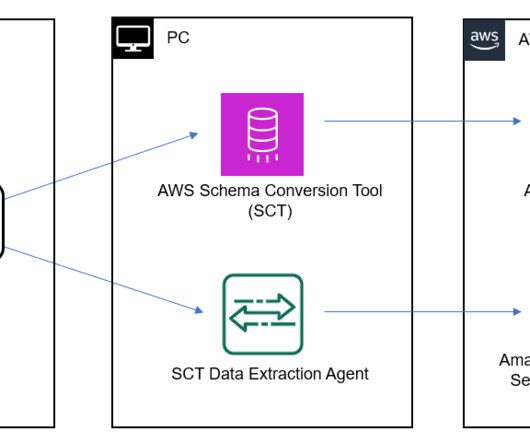

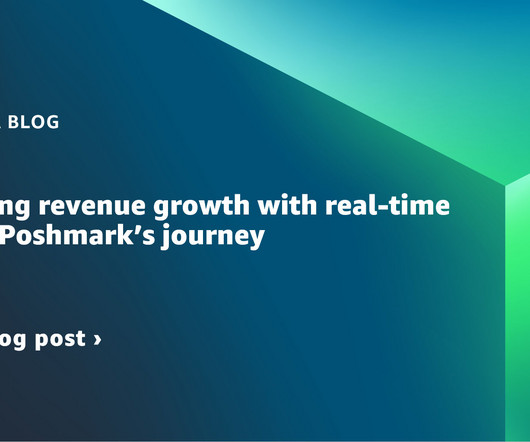
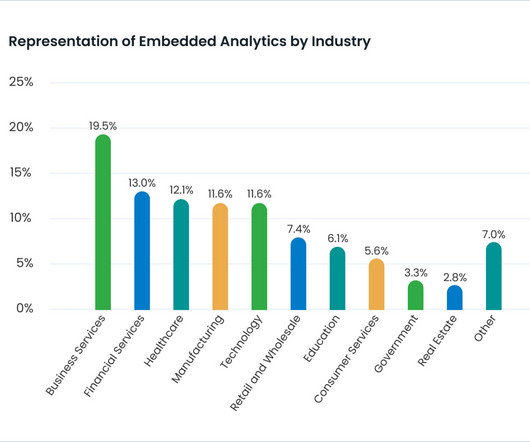











Let's personalize your content